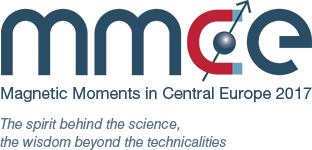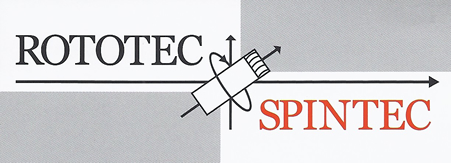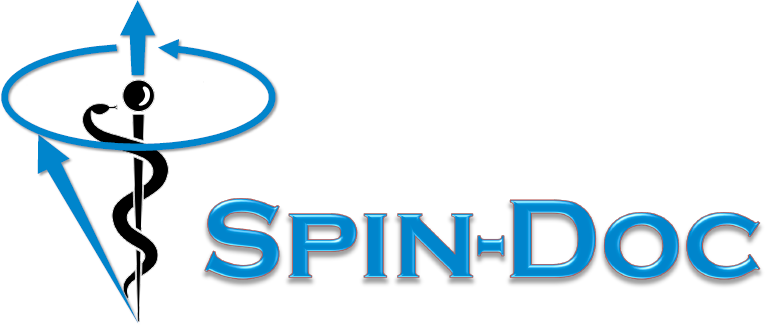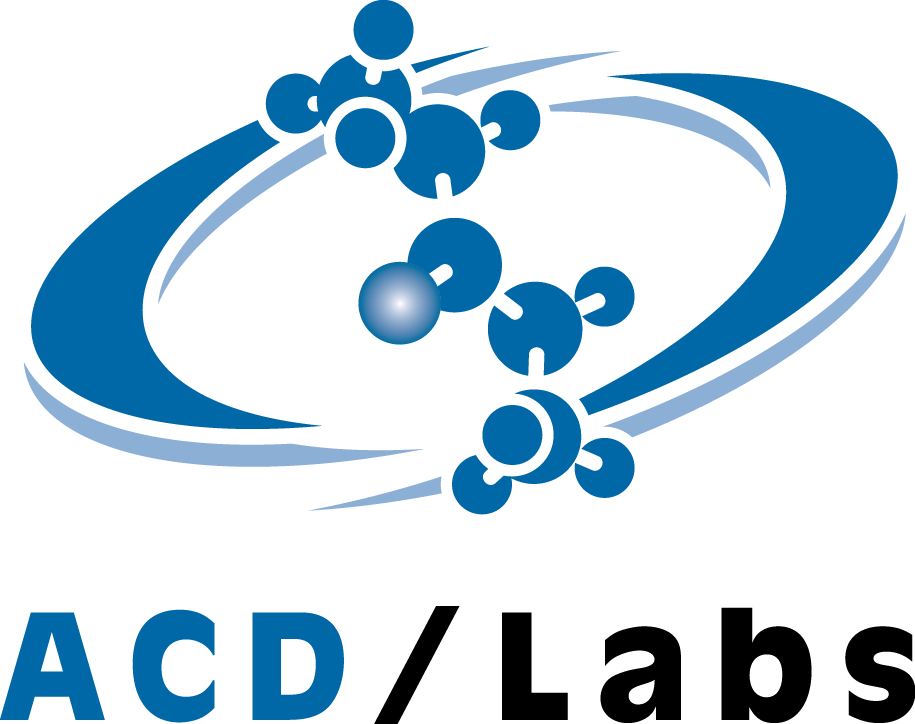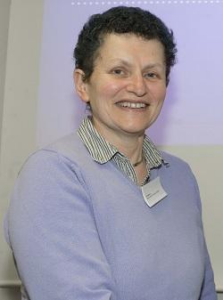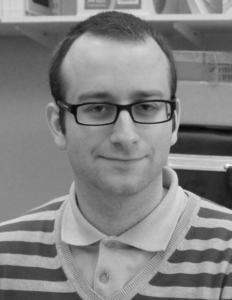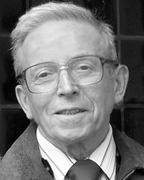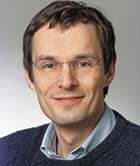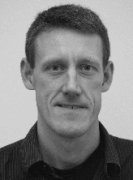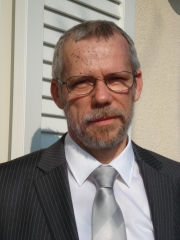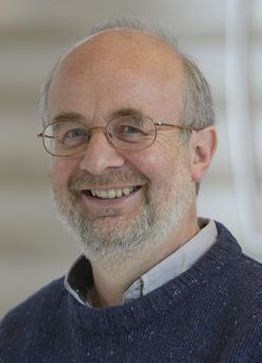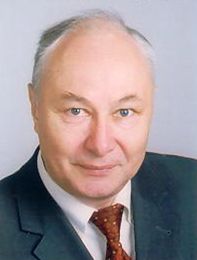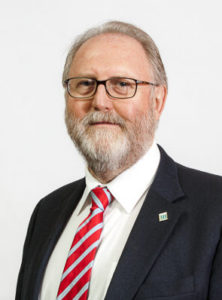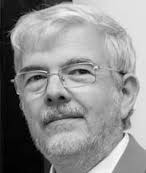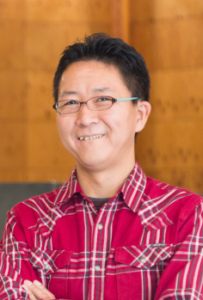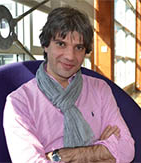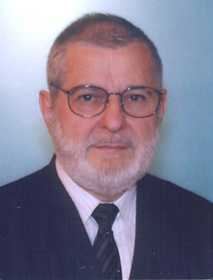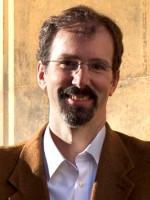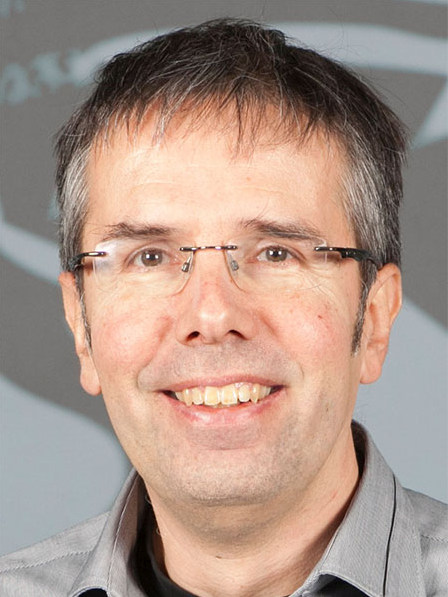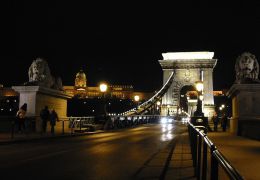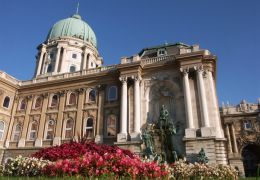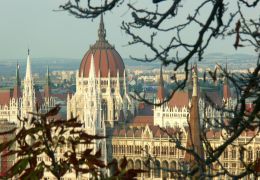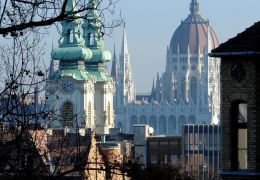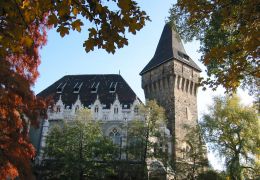Basic philosophy
Main program attributes of MMCE 2017
In line with the fundamental philosophy and spirit of MMCE, and as an extension to the MMCE Mission Statement, in 2017 the conference will be organized according to the following main guiding principles:
- Oral presentations are expected to have a didactical flair to the extent that they should be accessible to attendees from all walks of NMR (i.e., those who are not necessarily experts in the field, as well as students). In support of this concept, MMCE conferences do not have parallel sections. However, the question still exists whether or not the talks should be grouped according to their alikeness in topic, or just dispersed almost randomly. Both approaches can be justified. On the one hand, it may be argued that grouping by topic gives the conference a clearer, more organized structure and a better visibility of the addressed themes. On the other hand, since MMCE talks are expected to be inherently “people-friendly”, non-grouping may be thought of as a more emphatic encouragement (or even pressure) for everybody to grab the opportunity and expand their horizon of knowledge beyond their “comfort zones”. Previous MMCE conferences implemented either of the two approaches, and both proved to work well. As for MMCE 2017, the introduction of a few novelties (such as the implementation of panel discussions – see below), as well as the consideration of some practical constraints, have lead us to try a hybrid approach. Accordingly, Thursday, Friday, and Saturday will be organized around “sessions” that are more or less homogeneous in their themes, while on Sunday we have heterogeneous sessions, called the “Sunday Specials”. The main topics to be addressed in the homogeneous sessions are as follows:
- NMR BASICS
- SMALL MOLECULES
- BIOMOLECULES
- BINDING AND INTERACTIONS
- MRI
- SOLIDS
- PHARMACEUTICALS
- INORGANIC COMPOUNDS
- SOFTWARE AND HARDWARE NEWS
- Because in the oral sessions emphasis is placed on a tutorial spirit and lively discussions, we introduce the following approach. Each session will have only a limited number of talks, and except for some special spontaneous cases there will be no time allocated to discussion immediately after a given talk. However, each session will end with a ca. 20 min panel discussion involving all speakers of that session. The panel discussion will be moderated by the session’s chairperson, and will be aimed at generating a discussion between the chairperson and the speakers, among the speakers themselves, and between the audience and the speakers. Chairpersons will play a key role in driving this discussion and should prepare in advance for this task. Depending on their creativity, the chairpersons may throw in some technical questions or may enquire about the speakers’ visions or plans (etc.) regarding a topic, and may provoke the audience to ask questions.
- We plan to have a strong poster session with introductory flash presentations (there will be prizes for the best poster + flash presentation combinations).
- Regular participants are encouraged to offer oral/poster presentations upon registration. However, to keep the number of oral presentations manageable and to achieve a healthy balance between talks and posters, the organizers will maintain the right to decide whether a submitted presentation will be treated as “oral” or “poster”.
- We will have a major quiz session with prizes for the participants.
- For the purposes of community building, we wish to endow MMCE 2017 with a strong, unique and memorable social program.
